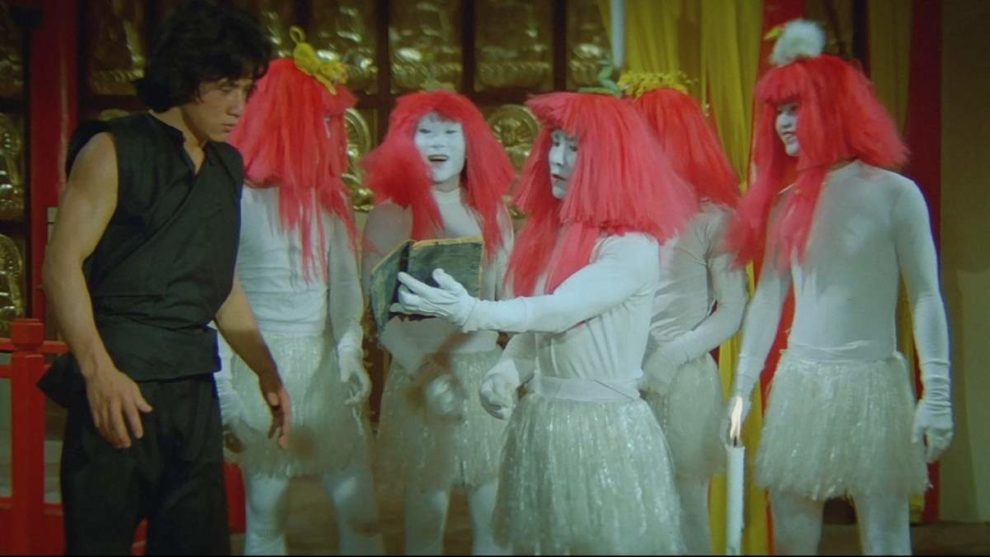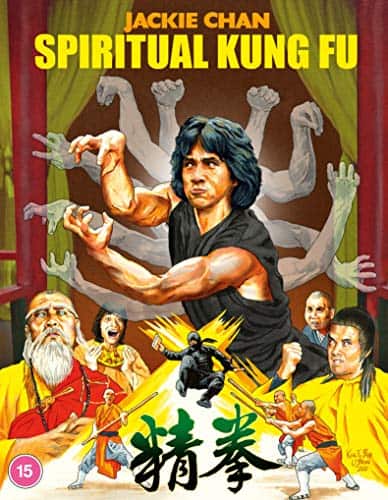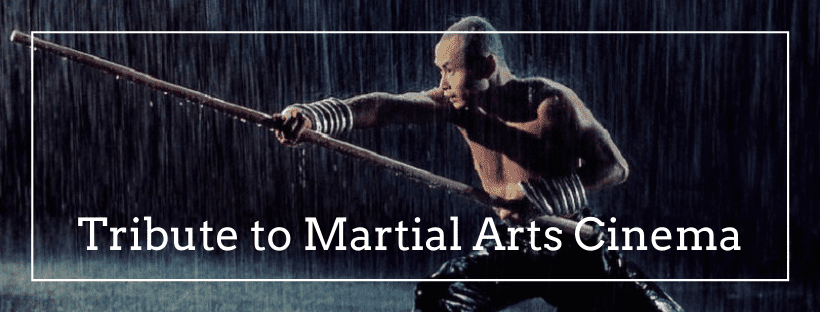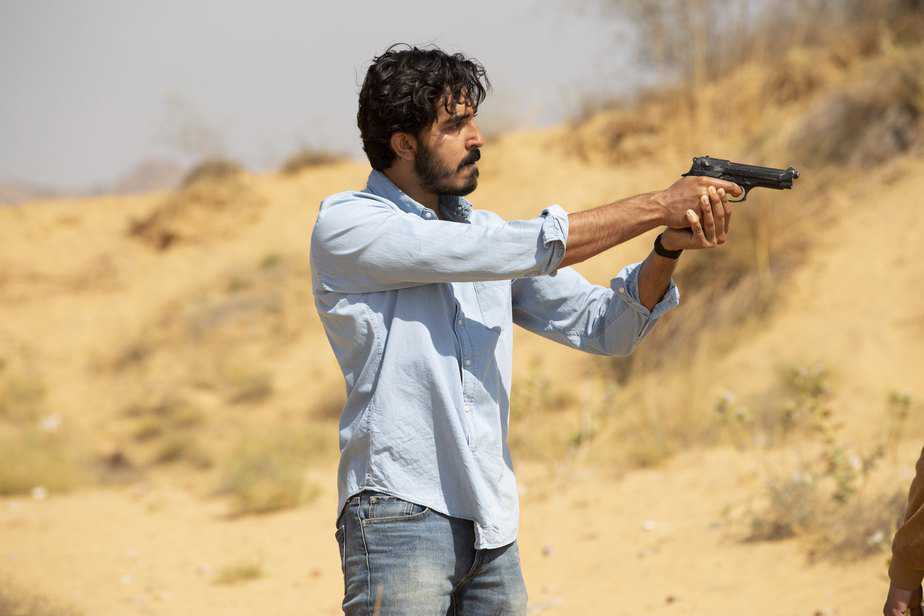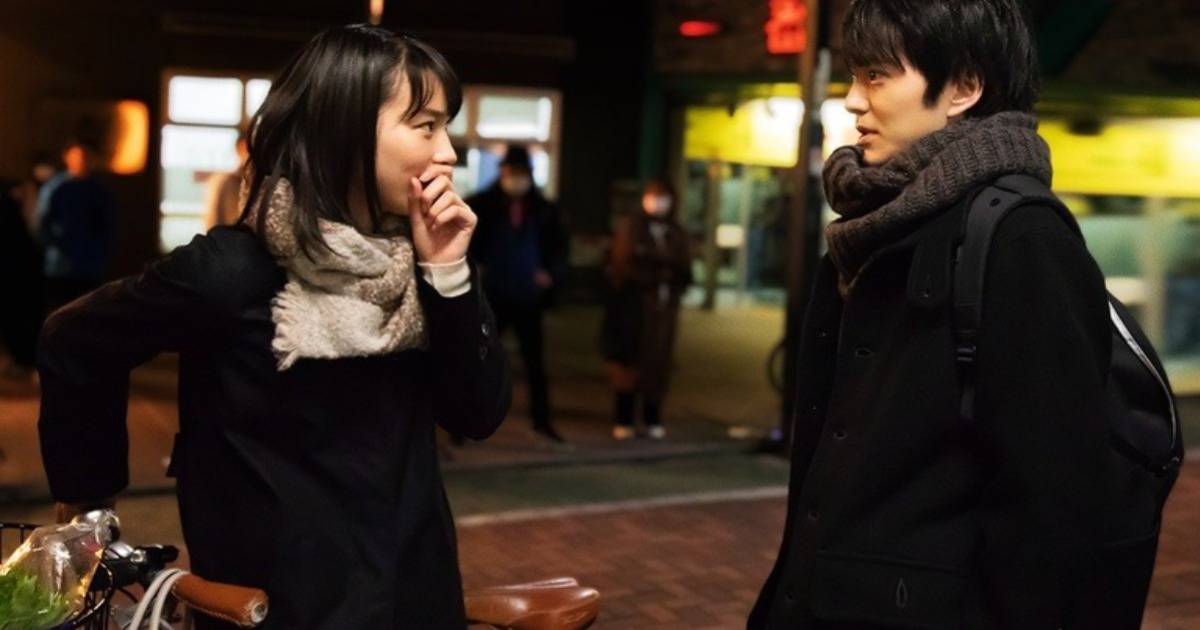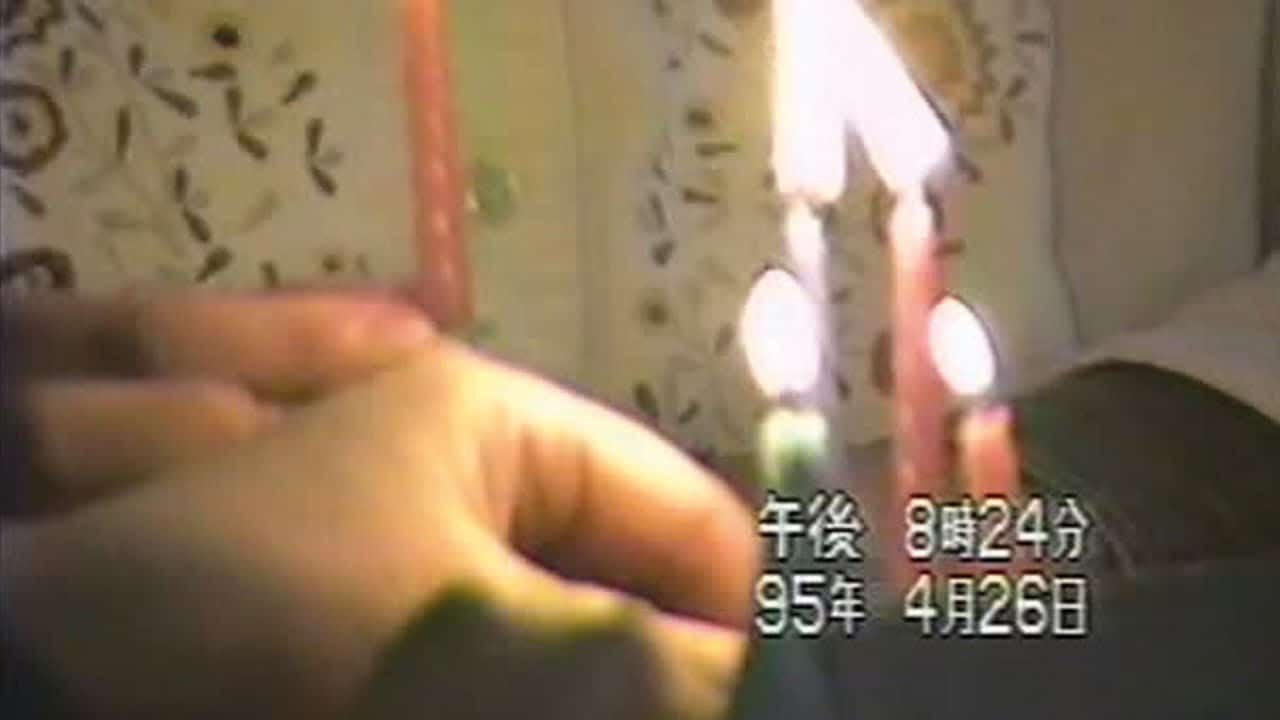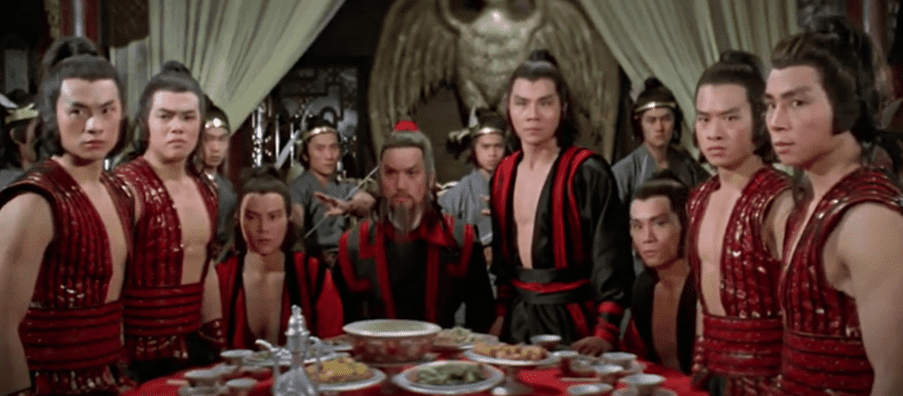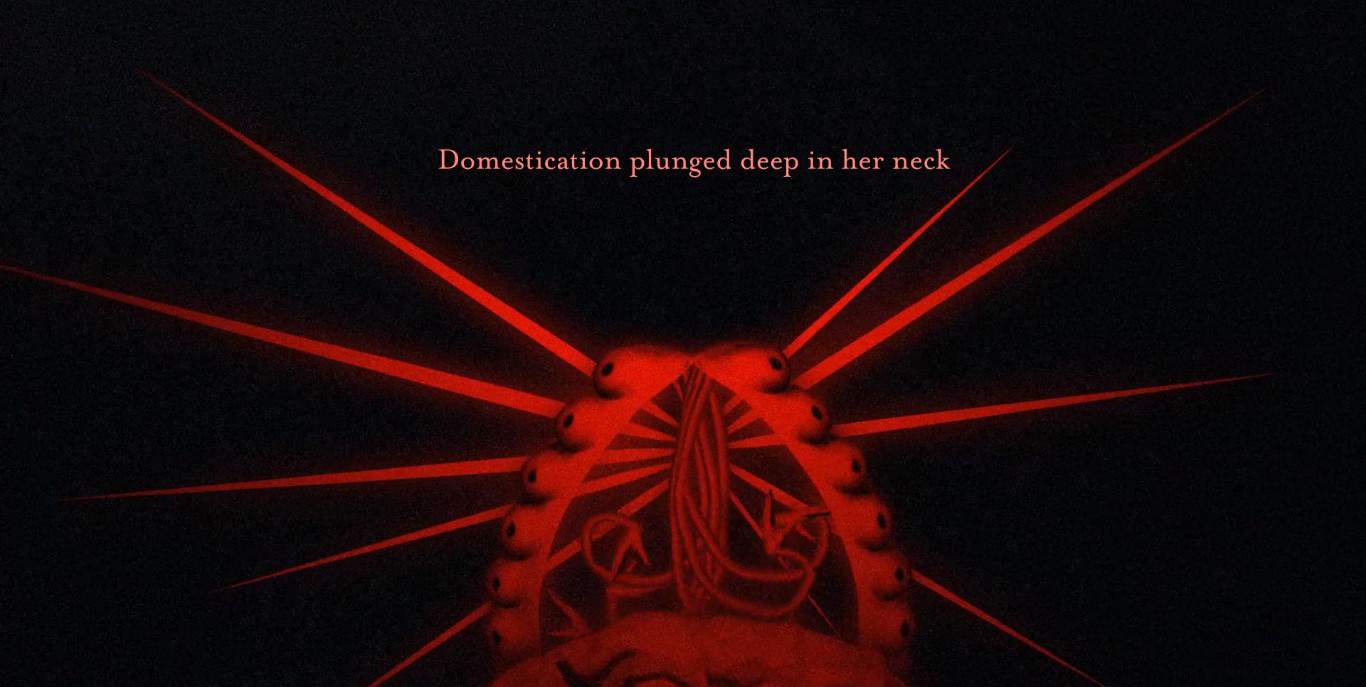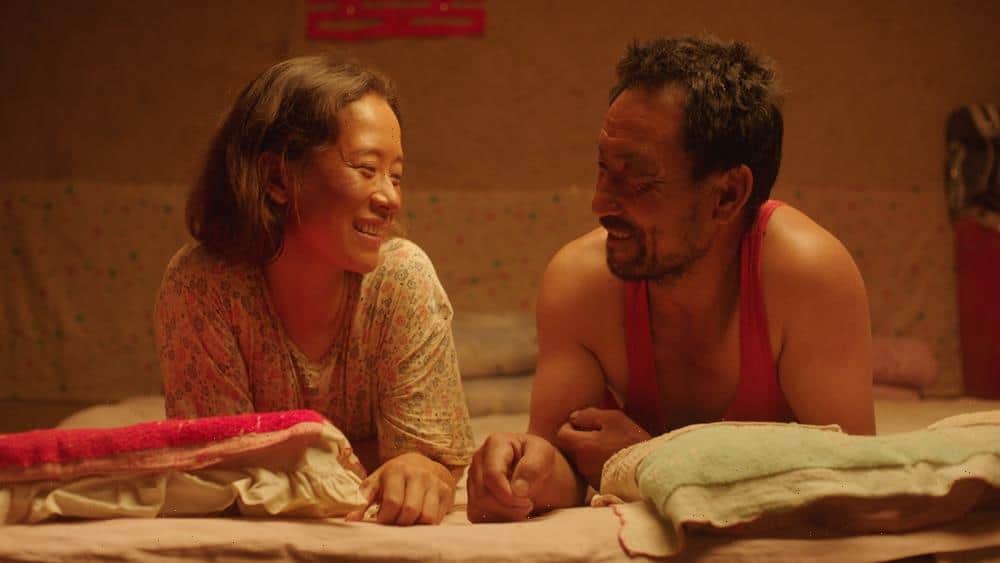Despite being credited as the man who kickstarted the career of both Bruce Lee and Jackie Chan, Lo Wei was quite a controversial figure, particularly since both the aforementioned stars actually accused him of his ways of directing them, with the latter in particular, finally managing to have some box office success after he left Lo Wei Productions for Golden Harvest. Despite what actually happened there, however, the truth is that a number of these collaborations remain impressive, even today when the title cult is one that always accompanies them, with “Spiritual Kung Fu”, occasionally ‘so bad it is good' style, being among the most prominent samples.
Buy This Title
on Amazon
Yi Lang is a martial arts student at a Shaolin Temple, whose shenanigans and laziness however, have made his teachers consider him as something between a joker and a nuisance. One night, during which he was supposed to stand guard, an anonymous masked thief manages to steal a book from the library which teaches a forbidden, lethal kung fu technique, which eventually ends up in the hands of Lu Qing, who proceeds on besting a series of kung fu masters. Yi Lang and the rest of the monks who were supposed to guard the book are punished, but news about Lu Qing eventually reach the temple, as it falls to the fighters of the monastery to put an end to his non-stop path. A bit later, Yi Lang volunteers to guard a supposedly haunted part of the library, but during the night, he discovers that the rumors are true. Five red-haired ghosts appear, who are actually masters of a lost style known as Five Style Fists. The young man eventually becomes their apprentice, and his abilities soon become so significant that he manages to pass a series of tests against the teachers of the monastery, and be promoted to the man who will fight Lu Qinq. A murder inside the premises of the monastery, of the leader of the Wu Tang Clan, however, indicates that something more is amiss.
Regarding the so-bad-it's-good part, the most obvious element here is the presence of the ghosts. It is not only that they wear long red wigs, white, almost transparent leotard bodysuits with tutus and have white paint in their face, it is their overall silliness that leads them into pranking Yi Lang even after they become his teachers, and in general acting like caricatures, even in the most brutal scenes in the movie. The low budget special effects that have them appealing tiny on occasion definitely contribute to this approach, but the fact that they are quite skillful (uncredited Yuen Biao is actually one of them) in their “circus tricks” is what saves their overall involvement, as they offer entertainment aplenty every time they appear on screen.
This buffoonery, which Jackie Chan also exhibits almost constantly, is not handled always pretty well, with Lo Wei's general sense of humor, as exhibited in the interactions of Yi Lang with the first girl he ever sees in his life, Fong, the aforementioned leader's daughter, linger somewhere between the pedantic and the offensive. This approach actually permeates a large part of the movie, with the silliness becoming annoying after a point. Thankfully, eventually, the revenge/martial arts aspect takes over, essentially saving the whole production.
In that fashion, the training and Yi Lang's test against the monks is quite impressive, highlighting Jackie Chan's abilities to the best degree. The scenes which truly steal the show, however, are the ones where Lu Qinq is involved, which are quite brutal, with James Tien providing another great villain. Particularly his two fights with Jackie Chan are sublime, as is the case with the final one, despite the decision of also involving the five ghosts, thus making a truly ferocious scene, unnecessary comedic once more. Jackie Chan's performance, however, both in the protagonist role and as stunt coordinator, is really top notch, with him showcasing his uncanny agility and speed in the best fashion.
Chen Jung-Shu's cinematography is a bit off on occasion, but in general, his cooperation with Lo Wei is quite good, particularly in the presentation of the fights and the ghosts. Chou Chih-Liang's art direction is of the highest level, especially in the various rooms of the temple whose maximalist artfulness reminds of the Shaw Bros productions. Liang Yung-Charn's editing could have been better, with the changes in setting being quite abrupt on occasion, although in terms of pace, the result is utterly fitting.
“Spiritual Kung Fu”, is by no means a good film. At the same time, however, the buffoonery, the silliness and the action sequences, definitely make it worthy of the title of cult.


